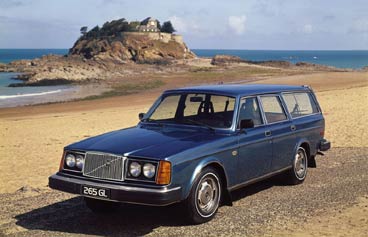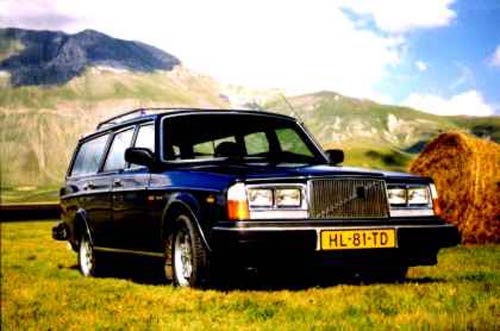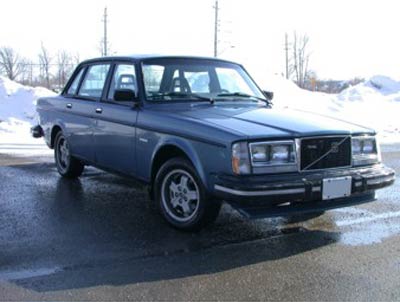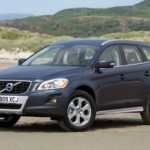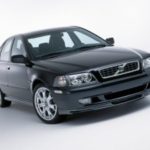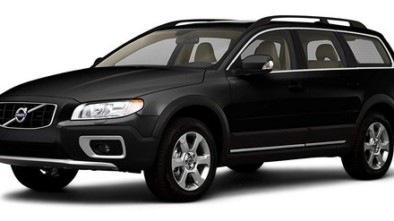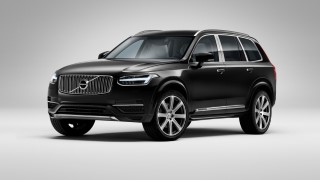Volvo 200 Series 1974 - 1993 - Car history
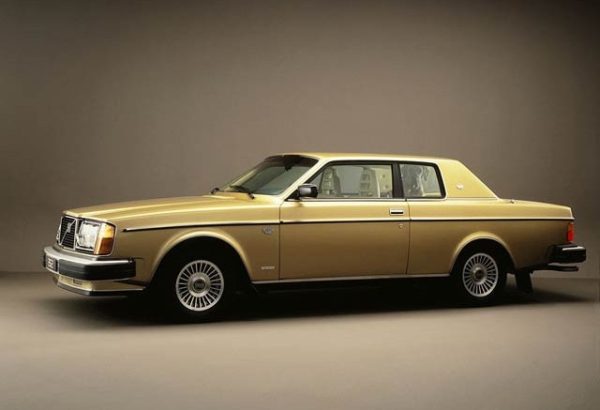
Volvo 200 Series
Volvo is known as one of the most trusted brands on the market. This reputation is mostly owed to the 240/260 - the car that continued to be manufactured after the model that succeeded it stopped!
The seventies are the years of the last century. Volvo exports a good part of its production outside the then European Community. In order to build the best possible foothold at home, Volvo built the VESC research vehicle (Volvo's experimental safety car) in 1972, which aimed - as you can tell by the name - to make the vehicle as safe as possible with the technology of the time. VESC was actually a mobile lab, it had a built-in ABS, airbags and telescopic bumpers (1972!). The experience gained through VESC was incorporated in 1974 into a Volvo 240/260.
Design after all!
The Volvo 240 was designed primarily as a safe car - from 1974 until 1993 in the United States, no one was killed in that car! Ironically, over time, this fact encouraged unsafe and bad drivers to get 240s, so over time, up to 100 people were killed in those cars - yet no car can compensate for a bad driver!
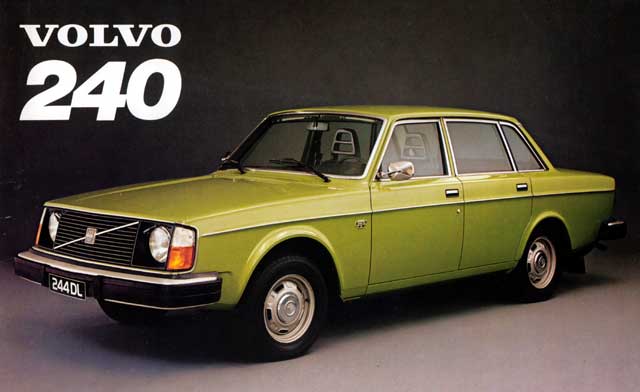
Volvo 200 Series
The second pre-240 requirement was functionality - its spaciousness, whether in a station wagon or sedan, it lured many American and European families with multiple children or young children, doctors, craftsmen, acquisitors - anyone who needed a reliable car with plenty of space in the cabin and trunk (33% of production was caravans).
The design was anything but reliable and functional: the Volvo 240 boasts several nicknames, the most common of which are "brick with wheels", "built like a tank" and "kyrpä" - the first nickname was retained for all Volvos many years later, and which means the last nickname in Swedish, look it up on a search engine - we are decent journalists!
The crisis despite
Although it appeared at the worst possible time - during the great oil crisis of the 1970s, the Model 240 raised production to a record level in Volvo's history, and the United States became the largest market for that model. The Model 240 was powered by 4-cylinder engines, and the 260 by a 6-cylinder (the third designation in the model name indicated the number of doors: sedan - 4, coupé - 2 or station wagon - 5). The engine is located at the front and the drive is at the rear wheels. The Volvo 240 was produced in six different versions, and the Volvo 260 in two. Already in the seventies, the car was equipped with a three-stage catalyst, which removed 90% of harmful things from the exhaust gases, and since 1975, it also had a lambda probe.
The engine most commonly associated with the Volvo 200 Series is the "red block" (B21), with a displacement of 2,1 liters and 98 to 107 hp, known for its robustness. In 1981, the engine came with a turbocharger, and two years later the B23 engine. The Volvo 200 Series also included a 6-liter V27 (B28 and B2,8), which was prone to camshaft wear and lasted an average of less than 200.000 km. Despite this, Mr. De Loeran installed this engine in his DMC 12.
The jacket is not yet ...
After the first eight years of production, Volvo, logically, prepared a replacement for the Volvo 200 Series - Volvo 700 Series, but as the 200 Series sold well, no exact date was set for the end of production. 'Two hundred' was not given just like that, so when the 1992 series was replaced by the 700 series in 900, the 240s were off the tape for another year. So the Volvo 200 Series was produced in 19 million units in 2,8 years of production, and in the 21 years since its introduction it has gained significantly more fans around the world.
But that's not all. Even after cessation of production in 1993, the 240 was still in high demand in the used car market, primarily when parents were looking for a cheap car in which their children could learn to drive, with little risk of getting hurt or being left on the road.
And curiosity for the end
Although he did not "come to life" in any film like the VW Buba, nor did he drive it James BondThe Volvo 240 is one of the most widely displayed cars in the US film and TV industry. Although without some credible endorsement, it can be found on the Internet that the Volvo 200 has won the most awards in the history of the auto industry.
Text: Goran Topic
Retrieved from: archive.vidiauto.com
Recommendation of similar texts:

Hi there, I am Mladen and I am an auto enthusiast. I started this blog years ago to help like minded people share information about latest cars, car servicing ideas, used car info, exotic cars, and auto technology. You will find helpful articles and videos on a wide variety of cars - Audi, Mercedes, Toyota, Porsche, Volvo, BMW and much more. Ping us if you have anything cool to share on latest cars or on how to make older cars more efficient, or just want to say hi!

